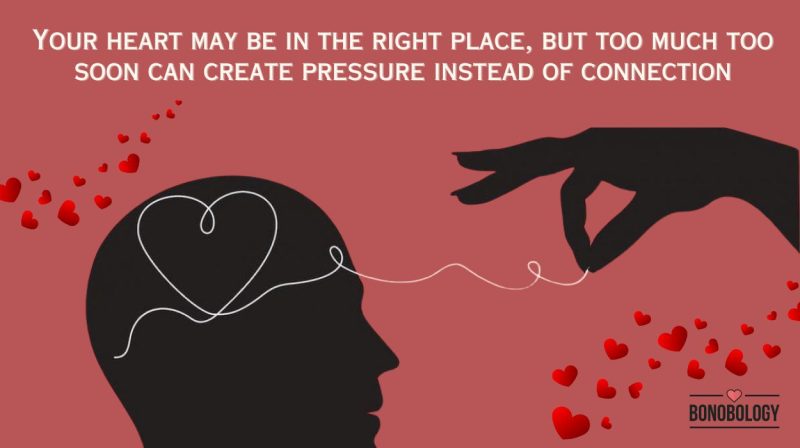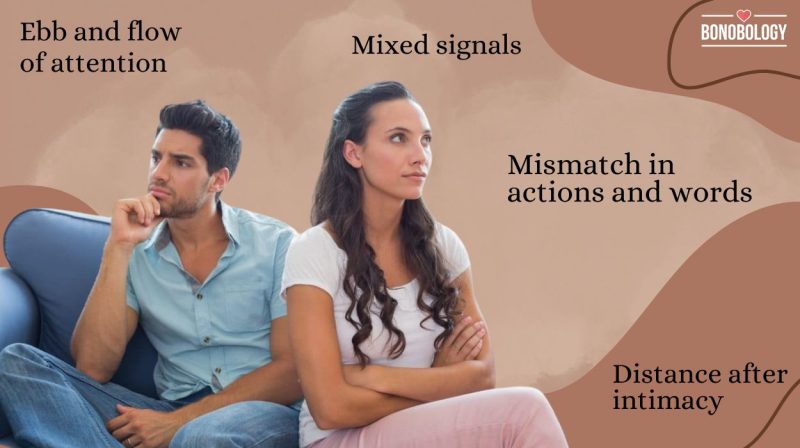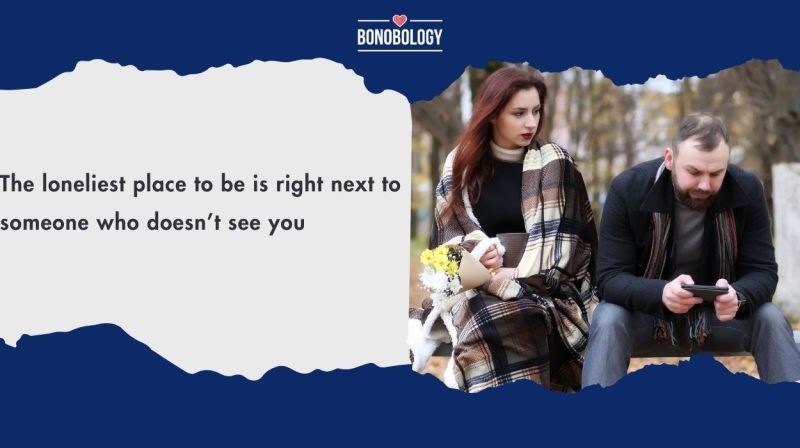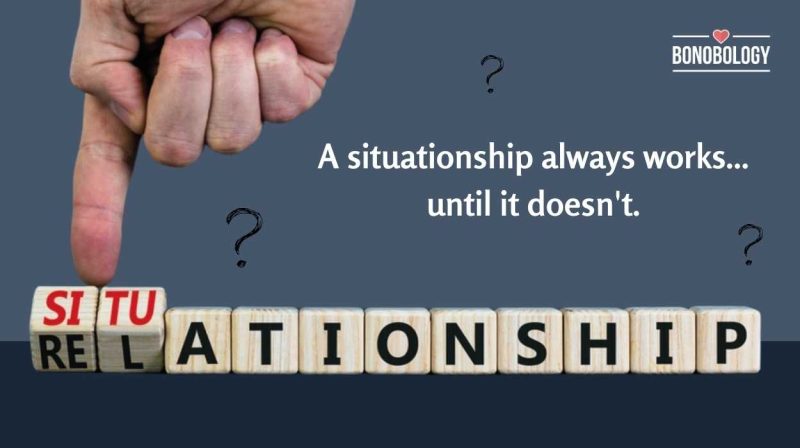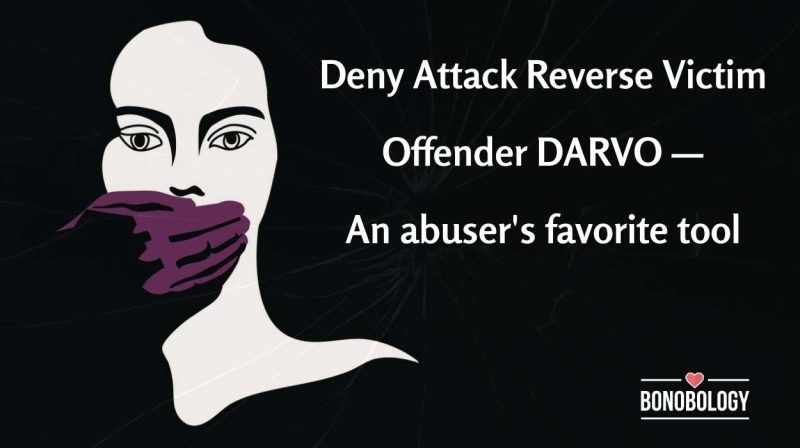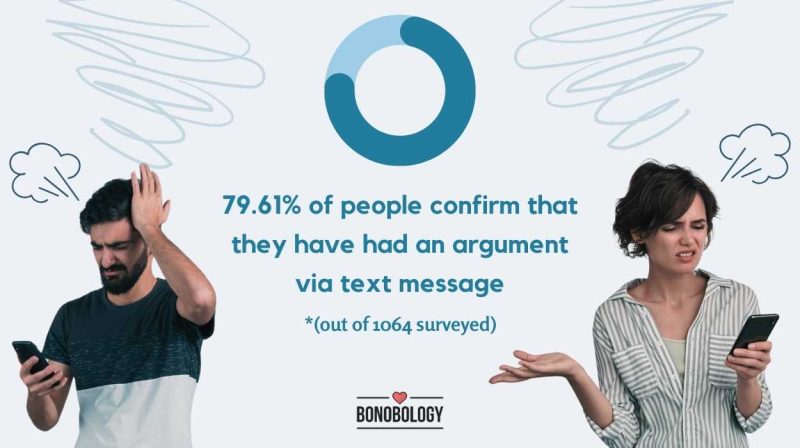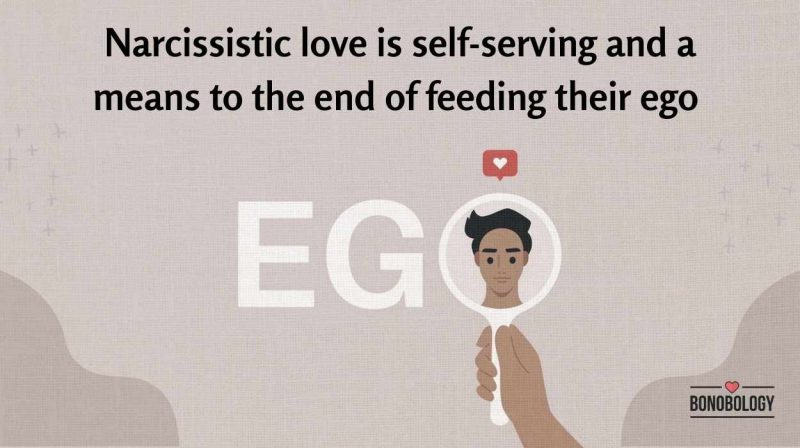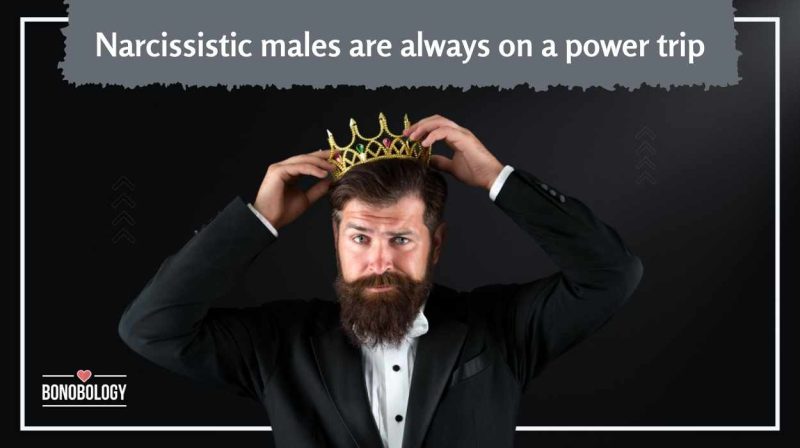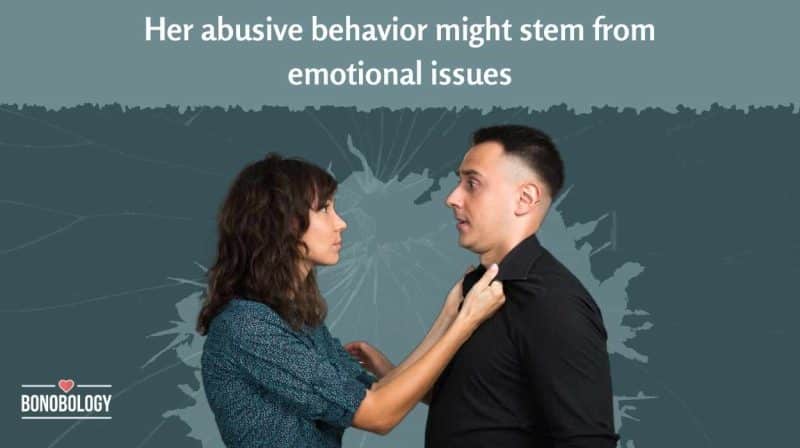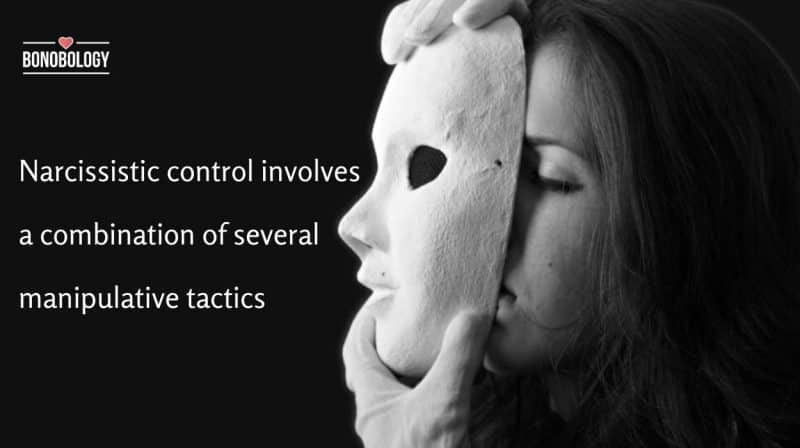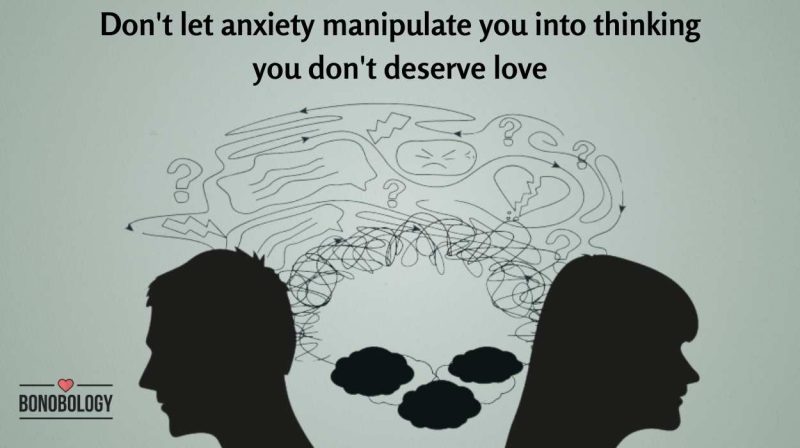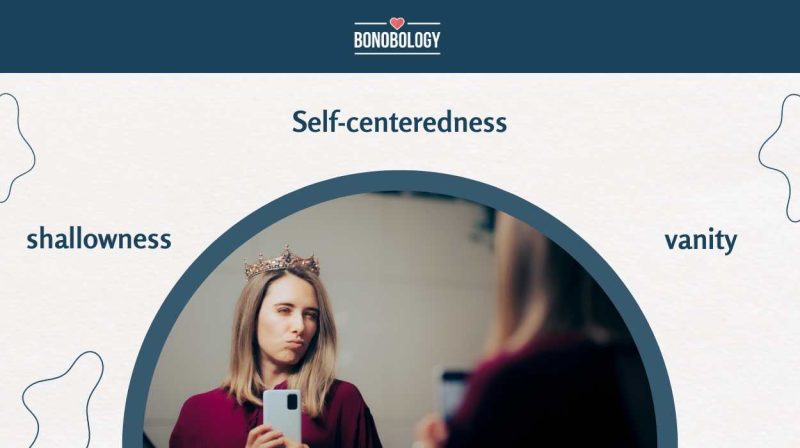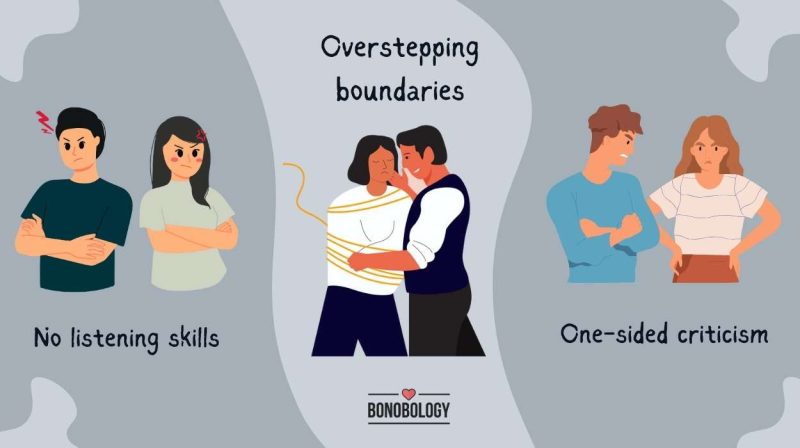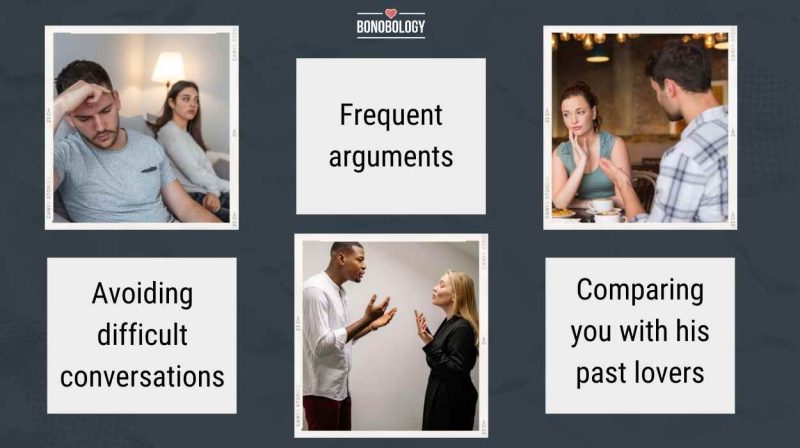What is negging? The question hit me like a curveball when on a lazy afternoon in a park, my friend opened up about a recent encounter with a man that left her more puzzled than pleased. Amidst the laughter and casual chatter, she started unraveling a tale of subtle undermining comments and veiled insults.
The term “negging” slipped into the conversation, painting a picture of a not-so-innocent exchange. “The things he says make me feel worthless. Is my boyfriend negging me?” Intrigued by this phenomenon that had this confident, self-assured girl riddled with self-doubt, I decided to learn more about it, only to discover how prevalent this toxic mind-play is.
To help others like my friend, Jane, grappling with this insidious trend in the dating and relationship world, I chose to write about it. In this article, we navigate the intricate landscape of negging — exploring its nuances, recognizing the telltale signs, and arming ourselves with the knowledge to respond when compliments take a deceitful turn.
What Is Negging?
Table of Contents
It is vital to grasp what does negging mean to be able to spot it. Since it escalates slowly, a lot of people cannot tell the negging vs teasing difference or identify it as the form of emotional abuse it is. Given that the person resorting to this behavior plays nice too, you can be left wondering if you’re being overly sensitive about their remarks.
If you keep ignoring the signs of negging, it will change the way you view yourself. Negging can come from a friend, co-worker, boss, sibling, or parent too, but it is a more rampant trend in the world of dating and relationships. If you already know about breadcrumbing and catfishing, then it’s high time you should know what is negging.
So, what does negging a girl mean? The Urban Dictionary describes negging as, “Low-grade insults meant to undermine the self-confidence of a woman so she might be more vulnerable to your advances.”
Negging is a manipulative flirting technique created by pickup artists to be used in the realm of dating and social interactions. It involves giving negative feedback in the form of backhanded compliments or subtle insults to undermine a woman’s confidence and make her feel insecure. The idea behind negging is to lower a woman’s self-esteem, making her more receptive to advances or approval from the person using this tactic.
Instead of offering genuine praise or positive remarks, the individual engaging in negging might make comments that appear complimentary on the surface but are a negative social value judgment. For example, if you’re in great shape, he’ll criticize something about your appearance to make you feel inferior. In essence, negging displays a lack of respect for the other.
According to best-selling author Neil Strauss, the goal is “to momentarily lower a woman’s self-esteem and to suggest an intriguing disinterest.” It’s important to note that healthy and respectful communication is the foundation of any positive relationship, and tactics like negging are generally considered manipulative and detrimental to building genuine connections. The bottom line is that negging doesn’t work if you’re looking for a healthy relationship.
Related Reading: Fishing Dating-The New Dating Trend
What is negging in a relationship?
Negging has been around for a long time but it wasn’t until recently that psychologists were able to put a label on this behavior pattern. In fact, even though the first descriptions of what is negging in a relationship can be traced back to a study done in 1965, the technique caught on among communities of pickup artists in the US in the early 2000s. It wasn’t until 2009 that this behavior pattern was given the term negging.
In romantic relationships, negging takes different forms. People neg when they grapple with low self-esteem issues and when they are convinced that they’ve landed a match that’s out of their league. Negging in a relationship involves the use of subtle insults or undermining comments by one partner to manipulate or control the other.
It’s a form of emotional manipulation that aims to lower the self-esteem of the targeted person. So, while there is no immediate danger of physical abuse, in the context of a relationship, negging can be particularly harmful as it erodes the foundation of trust, mutual respect, and emotional well-being. And paves the way for more abusive behaviors down the line.

Instead of nurturing a supportive and positive environment, negging in a relationship can create a power imbalance and contribute to feelings of insecurity and self-doubt. This negative social behavior may manifest in various ways, such as making disparaging remarks about the partner’s appearance, intelligence, or abilities, all under the guise of casual or joking comments.
If you want to know how to stop negging in a relationship, just remind yourself that healthy relationships thrive on open communication, trust, and mutual respect. Negging, on the other hand, goes against these principles and can lead to a toxic dynamic. It’s essential to recognize what does negging a girl mean early on to maintain a positive and supportive connection between partners.
Related Reading: What Is Benching Dating? Signs And Ways To Avoid It
Negging vs teasing – what’s the difference?
You might be wondering, “Is he just teasing me or is my boyfriend negging me?” While both negging and teasing involve making comments about someone, they differ significantly in their intent and impact. Teasing is generally lighthearted and playful, intended to be good-natured and enjoyable for both parties involved. It often strengthens the bond between people and is characterized by mutual understanding and consent. Teasing is usually based on shared humor, and it doesn’t aim to make you feel bad.
On the other hand, negging is a subtle but manipulative technique to undermine someone’s confidence. It involves subtle insults or backhanded compliments, aiming to create a sense of insecurity in the target. Negging is not consensual, and it often damages the self-esteem of the person on the receiving end, leading to potential harm in the relationship. Recognizing the difference between the two is crucial for maintaining healthy and respectful interactions.
How Do You Recognize Negging? 9 Signs
It can be notoriously hard to spot a neg but it becomes easier with practice. Recognizing negging involves paying attention to the tone, intent, and impact of the comments someone makes. Here are 9 signs that someone might be negging you:
1. Backhanded comments are a form of negging
The compliments they give are like double-edged swords, with inner meanings and harsh connotations that leave you guessing about what they really mean. It’s a tried-and-tested method to get you on unsteady ground.
For example, if someone says, “You’re pretty smart for someone who doesn’t usually understand these things,” it may seem like a compliment on intelligence, but it includes an implicit criticism about your usual capacity for understanding. The type of communication in this example of negging is manipulative and can be harmful to your self-worth.
2. Constant comparisons
When someone constantly compares you unfavorably to others, it can have a detrimental impact on your confidence and well-being. Negging often involves subtle tactics to make you feel less secure or valued. If these comparisons are accompanied by negative comments or implied criticisms about your abilities, appearance, or achievements, it may indicate a manipulative behavior aimed at diminishing your self-worth.
No matter what the context or who you’re being compared to, it is always done with the intent to let you know that you are inferior to the other person. In that sense, when you look at negging vs gaslighting, there is not much of a difference.
3. A neg will offer ‘constructive criticism’
Negging can sometimes be insults disguised as constructive criticism. In such cases, the neg may use the guise of feedback or advice to conceal their underlying intention of undermining your confidence. The only intent here is to say hurtful things. However, they sugarcoat their words in such a way that you can’t even retort.
4. One-upmanship is a constant in negging
When you mix negging and dating, one-upmanship becomes a constant in your life. Let’s say, you’ve got some great news and you can’t wait to share it with the person you’re dating, expecting them to cheer you on. But a neg will always find a way to undermine your news with better news of their own. This constant one-upmanship can leave you grappling with feelings of inadequacy.
Related Reading: 12 Signs That You Are Dating A Stalker And Need To Breakup
5. Negging is always passed off as ‘just a joke’
When negging is disguised as a joke, it allows the neg to downplay the impact of their comments and create a sense of ambiguity. By framing the negging as humor, they may avoid immediate confrontation or criticism, making it more challenging for you to assert your boundaries. One of the common gaslighting examples.
6. You end up feeling sorry
They discount and discredit how their behavior is making you feel to such an extent that you end up feeling sorry about having reacted at all. For standing up for yourself. Even though deep down you know you were right to hold your own, they act so hurt and defensive that you end up apologizing to them. One of the classic examples of manipulation.
7. A neg plays the victim card
Playing the victim card in the context of negging involves the neg portraying themselves as the victim, often in response to you standing up for yourself or expressing discomfort. When negging doesn’t work and the neg feels that you are onto them, they’ll find means and ways to turn the whole situation on its head and assume the position of a victim. A neg can be a covert narcissist.
8. A neg gives mixed signals
Mixed signals involve a pattern of communication where the neg alternates between positive and negative behavior. This inconsistency is intentional and designed to keep you off balance, making you more susceptible to seeking approval or validation from the neg. The purpose of mixed signals in negging is to create a power dynamic where you seek the neg’s validation and approval, constantly adjusting your behavior to meet their inconsistent expectations.
9. Manipulative behavior
Manipulative behavior in the context of negging involves tactics used to control or influence your thoughts, emotions, or actions for the neg’s benefit. They seek to undermine your confidence through emotional manipulation and create a dynamic where you become more receptive to their approval.
Related Reading: Exclusive Dating: It Isn’t Surely About A Committed Relationship
Examples Of Negging In Dating
We’ve talked about negging in relationships, and how it differs from teasing. However, dealing with negging when you’re already emotionally invested in a person can be a lot harder than pulling away if you spot the red flags in the early stages of dating.
To that end, here’s an important question to address: what is negging in dating? In the context of dating (especially dating apps), negging often involves subtle undermining comments or backhanded compliments aimed at eroding the target’s confidence. Here are some examples of negging in dating:
- Appearance Negging:
- Example: “You’re pretty, but I’ve always been more into [specific physical trait].”
- Intent: Undermining the person’s confidence about their appearance while giving a backhanded compliment
- Intellectual Negging:
- Example: “You’re smarter than you look. I wouldn’t have expected you to understand that.”
- Intent: Implying surprise at the person’s intelligence while subtly criticizing their perceived level of intellect
- Achievement Negging:
- Example: “You did well on that project, considering I thought it was a bit out of your league.”
- Intent: Backhandedly acknowledging an achievement while implying low expectations
- Interest Negging:
- Example: “You’re into [hobby]? That’s cute. I never thought you’d be interested in something like that.”
- Intent: Undermining the person’s interests and suggesting that their hobbies are less significant
- Comparative Negging:
- Example: “You’re much better than my ex at [specific trait], but there’s still room for improvement.”
- Intent: Comparing the person to an ex-partner while subtly criticizing and implying the need for improvement
- Conditional Approval:
- Example: “I usually don’t date people like you, but you’re not bad.”
- Intent: Making approval conditional and creating a sense that the person doesn’t quite meet the usual standards
- Social Status Negging:
- Example: “It’s surprising to see you at a place like this. I thought you’d prefer more low-key spots.”
- Intent: Implying that the person is out of place or doesn’t belong in a particular social setting
One Reddit user pointed out an example of negging from a woman: “I’ve even been negged by other women. When my boyfriend and I first started dating, his best friend’s girlfriend asked to see a picture of me. My bf sent her one from my Instagram and she said, “Oh! I didn’t think that was your type, but she is kinda pretty!”
“The more I got to know her, the more she’d sh*t talk her boyfriend’s other friends’ girlfriends to me. At first, I thought I was just being sensitive, but I can’t imagine what she was saying behind my back.”
These examples of negging illustrate how negging in dating involves a partner who makes you feel insecure weaving subtle negativity into seemingly positive or neutral comments, creating an atmosphere of insecurity and dependence on your partner’s approval. Knowing what is negging in dating and recognizing these tactics is crucial for maintaining healthy dating dynamics and setting clear boundaries.
Related Reading: Gear Up, Girls, And Stop Yourself From Dating Bad Boys!
How Do You Respond To Negging?
Now that you understand the behavior patterns and exact phrases that qualify as negging, the next step is to figure out how to stop negging in a relationship. How do you respond to negging when the other person not only discredits your feelings of being slighted but also knows exactly how to turn it around and play the victim?
What do you do when someone disrespects you or insults you? If you can’t help but think, “My crush negging me is making my life hell,” you need to stand up for yourself. Here are a few techniques that may help you learn how to respond to negging:
1. Recognize patterns of negging
There is no way you can stand up to a negative behavior unless you recognize it clearly and precisely. So, use the signs and examples we’ve just shared with you to ascertain whether you’re experiencing the unpleasant combination of negging and bad dating habits.
If something feels off or if you consistently feel uneasy after interactions with someone, trust your instincts. If you get a gut feeling that says, “My crush negging me is bringing me down”, you’re most probably right. Negging makes you feel bad, so pay attention to your emotional responses.
2. Don’t respond by being a neg too
Responding to negging with more negging can escalate the situation and perpetuate a cycle of negativity. You will keep getting sucked deeper into this toxic relationship dynamic, and who knows, soon the negging vs gaslighting lines can get so blurred that you can’t tell one from the other. Besides, your significant other will view this as a provocation and try to get back at you in nastier ways. This is what most abusers do, emotional or otherwise.
Responding with kindness, assertiveness, and a commitment to healthy communication can break the cycle of negative energy and emotional manipulation, and help establish respectful boundaries in your interactions.

3. Express how you feel
Expressing how you feel is a crucial aspect of maintaining healthy and respectful relationships. And this can only happen after recognizing the red flags of a controlling relationship. Expressing your feelings allows you to advocate for yourself and your emotional well-being. It’s a way of asserting your needs and boundaries. When you lead by example and express your feelings openly, you encourage others to do the same. Healthy relationships thrive on transparent and respectful communication.
Related Reading: 5 Signs Of Emotional Abuse You Should Watch Out For Warns Therapist
4. Pay attention to their reaction
Notice how they respond to being called out. For instance, maintaining eye contact can indicate attentiveness and sincerity while avoiding eye contact might suggest discomfort or defensiveness. Likewise, pay attention to their overall body language. Open and relaxed postures generally suggest receptiveness, while closed-off or defensive postures may indicate discomfort or disagreement.
Remember that people’s reactions can be influenced by various factors, including their own emotions, experiences, and communication styles. Being open to dialogue, actively listening, and staying receptive to non-verbal cues will contribute to a more meaningful and understanding exchange and help you deal with a toxic boyfriend smartly.
5. Don’t let them off the hook
If you’re expressing yourself and the other person’s response doesn’t fully address your concerns or feels dismissive, do not let them off the hook. By doing so, you’re essentially giving them a license to continue with this manipulative behavior.
Related Reading: 20 Questions To Ask A Guy You Are Dating
6. Demand change in negging tendencies
Whether you want to know how to get away from a date who is negging or how to handle a more serious relationship with a neg, putting your foot down and demanding a change in their behavior is your best recourse. If you’re just dating, let them know that there won’t be a next date until you’re sure that their behavior stands corrected. If you’re in a relationship, tell your partner that either they get their act together or you’ll have to reassess your decision of being with them.
7. Decide whether you want to stay
No matter how much the neg has been engaging in romantic manipulation, remember that you always have the power to choose what you want in your life. If despite you expressing reservations about their tendencies and asking for a change, the negging continues, do not hesitate to pull the plug. You deserve better.
Key Pointers
- Negging involves subtle insults, backhanded compliments, and mixed signals that are intended to undermine your confidence
- It is different from teasing in that negging has nefarious intentions while teasing is a form of consensual play that strengthens a bond
- Other signs of negging include constant comparisons, veiled humor, and manipulative behavior
- Learn to recognize negging, learn how to respond to negging, and then set firm boundaries to protect yourself
By understanding the signs of negging, expressing oneself assertively, attentively observing reactions, and demanding change with respect, individuals can navigate these dynamics and build healthier connections. Remember, healthy relationships thrive on genuine communication, empathy, and a commitment to mutual growth. Embracing these principles paves the way for more positive and fulfilling connections where individuals feel valued, understood, and supported.
What Are The Examples Of Narcissistic Behavior In A Relationship?
Your contribution does not constitute a charitable donation. It will allow Bonobology to continue bringing you new and up-to-date information in our pursuit of helping anyone in the world to learn how to do anything.


